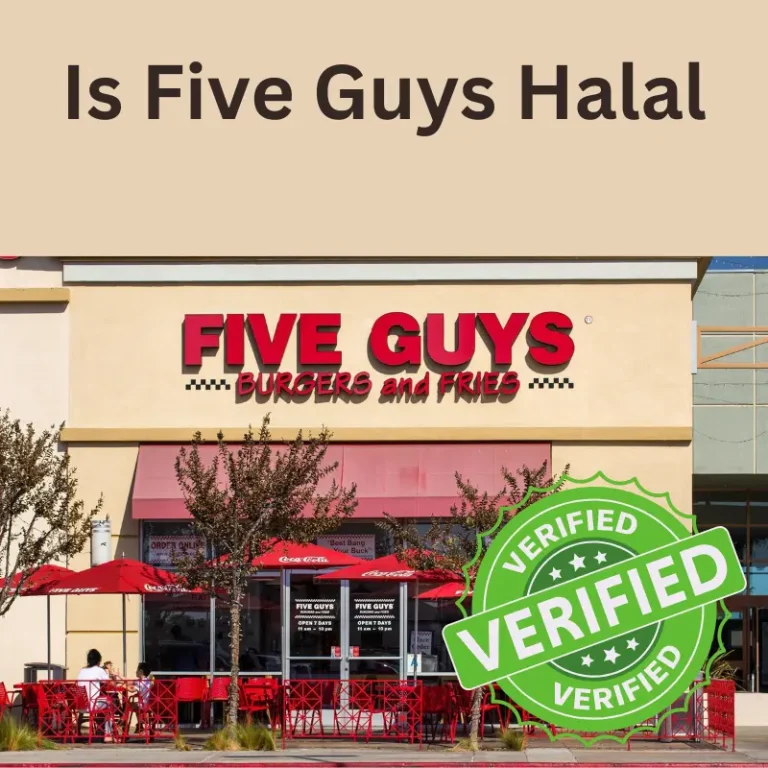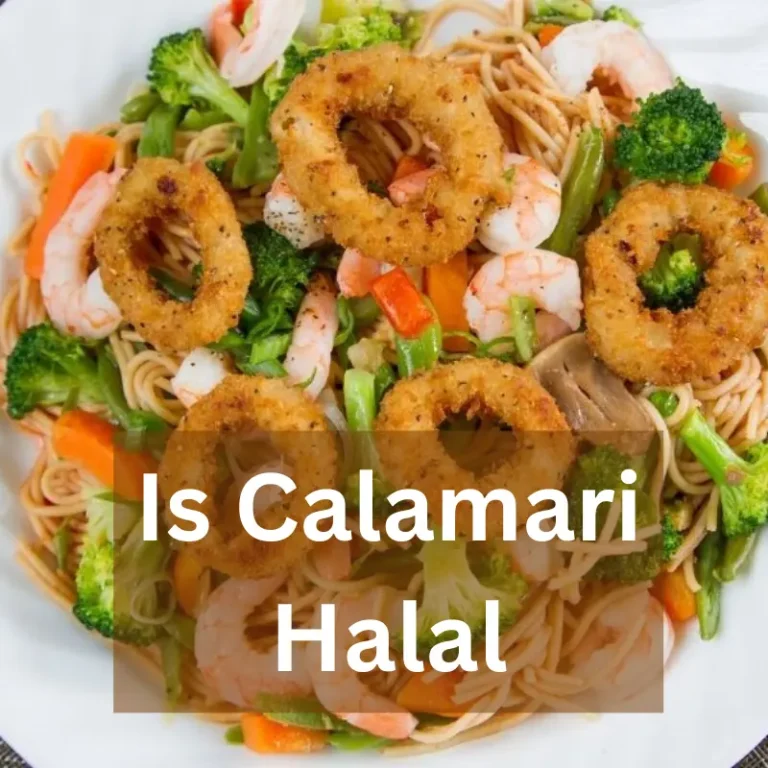Is Canes Halal?
Understanding Halal
Before we dive into the specifics of Canes, let’s first understand what “halal” means. Halal is an Arabic term that translates to “permissible” or “lawful” in English. In the context of food, halal refers to food items that are allowed for consumption according to Islamic dietary laws.
Halal food must meet the following criteria:
- The animal must be slaughtered in the name of Allah (God)
- The animal must be slaughtered by a Muslim
- The animal must be alive at the time of slaughter
- The animal must be killed by cutting the throat, windpipe, and blood vessels in the neck
- The blood must be drained from the animal’s body
About Canes

Canes, short for Raising Cane’s Chicken Fingers, is a fast-food chain that specializes in chicken finger meals. Founded in 1996 in Baton Rouge, Louisiana, the company has since expanded to over 500 locations across the United States and internationally.
Canes’ menu primarily consists of:
- Chicken fingers
- Crinkle-cut fries
- Coleslaw
- Texas toast
- Cane’s sauce
Ingredients Used by Canes
To determine whether Canes is halal, we must examine the ingredients used in their products. According to the company’s website, the ingredients used in their chicken fingers are:
| Ingredient | Description |
|---|---|
| Chicken | High-quality, premium chicken tenderloins |
| Vegetable oil | Used for frying |
| Cane’s Breading | A proprietary blend of flour, spices, and seasonings |
The company also states that their chicken is never frozen and is free from added hormones and steroids.
Halal Certification
One way to ensure that a food item is halal is to look for halal certification. Halal certification is granted by Islamic organizations that verify the food item’s compliance with halal standards.
As of the knowledge cutoff date of August 2023, Canes does not have a halal certification. However, it is essential to note that the absence of a halal certification does not necessarily mean that the food is not halal.
Canes’ Stance on Halal
Canes has not made an official statement regarding the halal status of their food. However, some individual franchise locations have claimed to use halal chicken. It is crucial to verify this information with the specific location you plan to visit.
Factors to Consider
When determining whether Canes is halal, there are several factors to consider:
- Slaughtering process: As mentioned earlier, for meat to be considered halal, the animal must be slaughtered according to Islamic guidelines. Without information from Canes regarding their slaughtering process, it is difficult to ascertain whether their chicken is halal.
- Cross-contamination: Even if the chicken itself is halal, there is a risk of cross-contamination during preparation. If the same equipment and oil are used for preparing non-halal items, the food may no longer be considered halal.
- Personal beliefs: Ultimately, the decision to consume Canes’ food is a matter of personal belief and interpretation. Some Muslims may be comfortable eating at Canes based on the available information, while others may choose to err on the side of caution.
Alternative Halal Options
If you are unsure about the halal status of Canes or prefer to opt for certified halal options, there are alternatives available:
- Look for halal-certified restaurants in your area
- Prepare your own chicken fingers at home using halal ingredients
- Opt for vegetarian or seafood options when dining out
Conclusion
In conclusion, the halal status of Canes remains unclear due to the lack of official certification and information regarding their slaughtering process. While some individual franchise locations may claim to use halal chicken, it is essential to verify this information with the specific location you plan to visit.
As an AI language model, I cannot provide a definitive answer on whether Canes is halal. The decision to consume their food ultimately depends on your personal beliefs and interpretation of Islamic dietary laws.
When in doubt, it is always best to seek guidance from local Islamic authorities or opt for certified halal alternatives to ensure that your food choices align with your religious beliefs.








